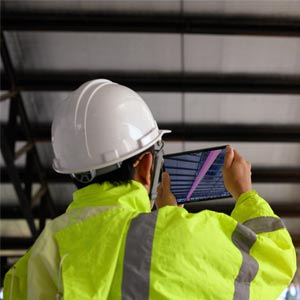Understanding LOLER Regulations in the UK can be a little confusing. Therefore we’ve created these FAQs to help answer your questions about LOLER regulations and about lift inspections in general. But more than just interesting, it is a requirement under the UK Health and Safety Executive, for anyone who owns lift equipment to ensure that it is safe and compliant. We’ll discuss these regulations in the FAQs below.
When it comes to a LOLER test, they cover a wide range of “Lift Equipment”. This might be a garden wheelchair lift or a hoist to lower disabled people into a bath tub. It also includes cherry pickers, hydraulic cranes, car lifts in a garage and of course passenger and goods lifts. Equipment subjected to harsh environmental factors such as salt water, cold or extreme heat may have to be tested more often and our LOLER Inspectors can advise. But generally speaking your equipment would be tested either every six months or annually.
LOLER Test: What is covered?
- If you have any lift equipment that lifts people then it must have a LOLER test every six months.
- All lifting accessories must be tested every six months.
- Any other kind of lifting equipment must be tested at least once every 12 months. Once a year.
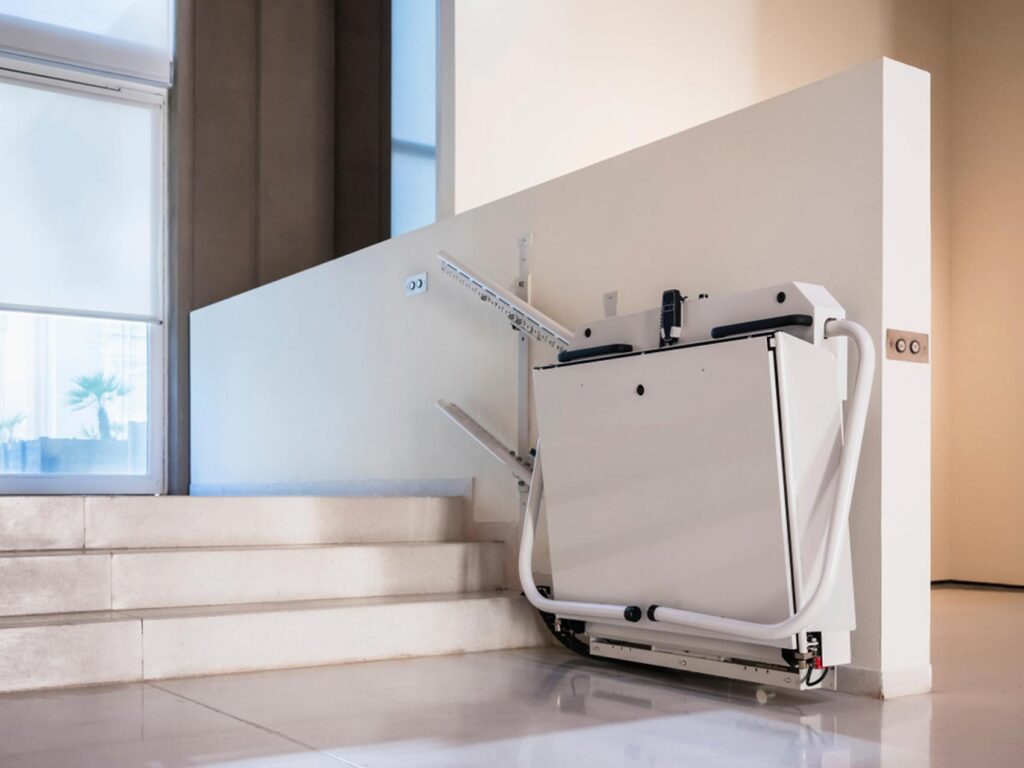
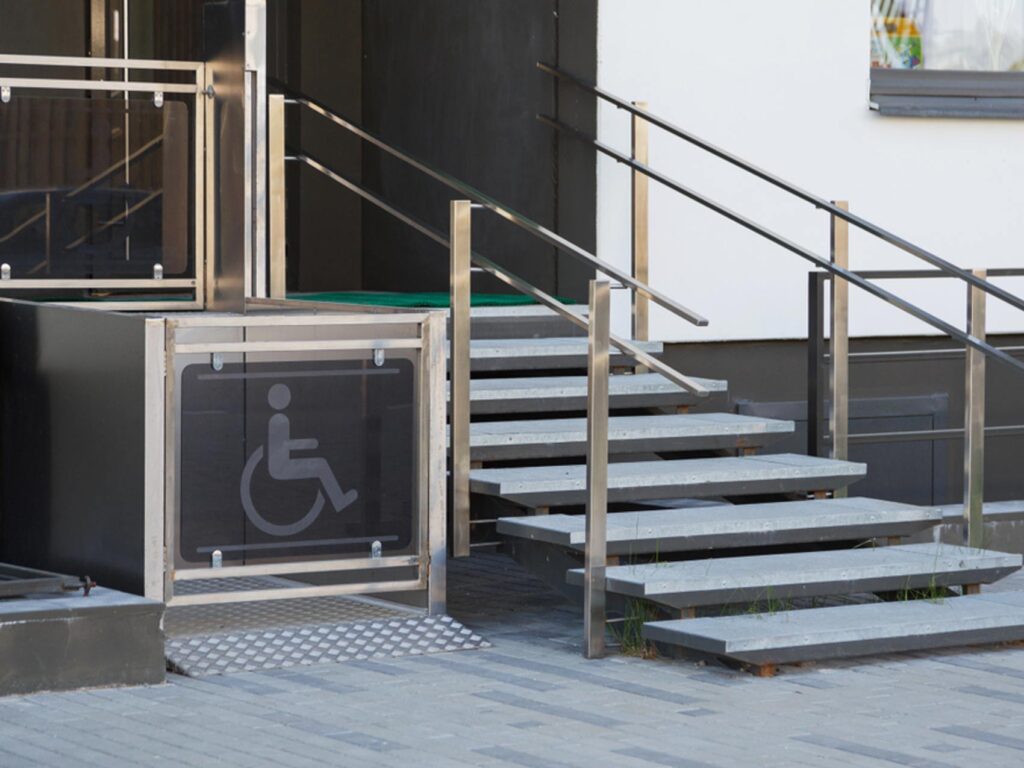
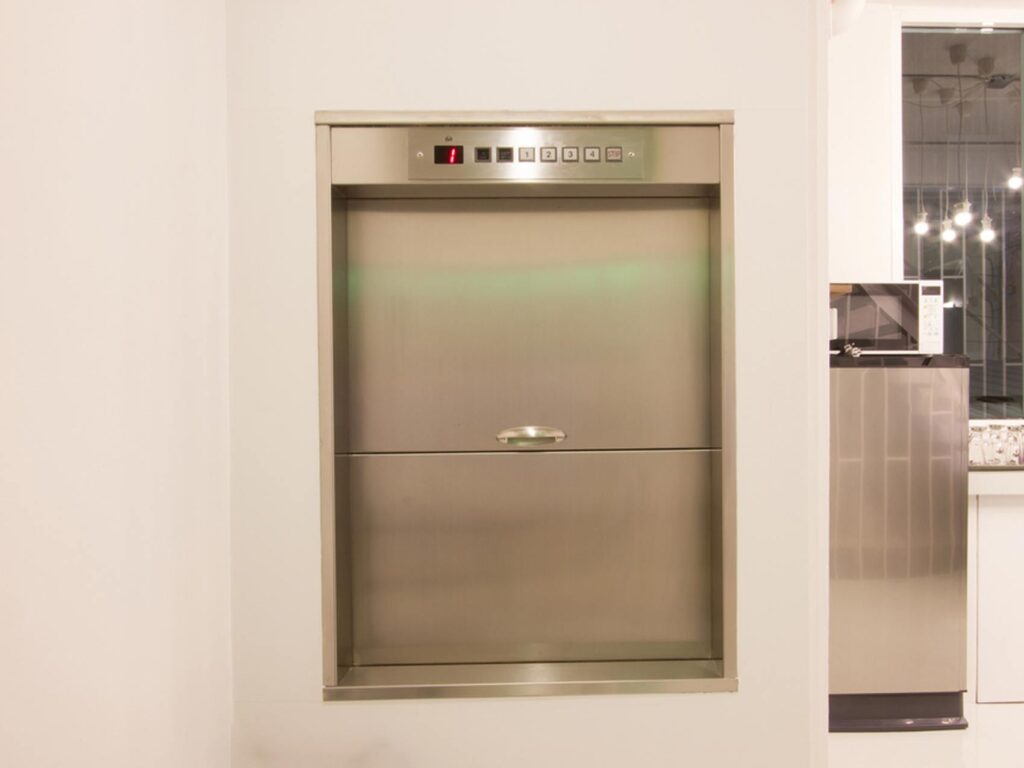
Most people understand that a commercial lift carrying people, for example in a school or hotel must be inspected. But did you know that even a simple Stannah stair lift or a dumb waiter actually needs to be tested. One way of understanding the HSE LOLER regulations is by asking yourself this question:
“Where do I stand legally if someone is injured, or worse, fatally harmed by lifting equipment I own?”
What if the accident investigation finds that you had not had a proper LOLER inspection on a regular basis? You would be in breach of the Health and Safety Executive LOLER Regulations! Obviously that would be a very serious situation.
LOLER Test: Peace of Mind
However we prefer to think of a LOLER test in terms of “Peace of Mind”. Accidents do happen because all equipment will eventually wear out or fatigue. But by performing a regular LOLER Test on your lifts, then you have the peace of mind. You will know that any wear, tear, or damage will most likely be spotted before the lift fails. Preventing lift failure means preventing accidents.
If in doubt, please contact us. We’ll be happy to advise you on the appropriate level of LOLER inspection schedule. We are part of the ELTI group who’ve been trusted to carry out professional LOLER Inspections since 1997!
Stannah Stairlifts are a household name throughout the UK. When people think of Stairlifts, they’re probably one of the top brand names that come to mind. In fact there are several reputable brands of home stairlifts. So when we talk about Stannah stairlifts, it really applies to all stair lifts. Sometimes people refer to them as “chair lifts” too. Lots of residential homes have Stannah Stairlifts installed. There are other brands too. Did you know that these must be inspected at least every six months? According to the UK Health annd Safety Executive (HSE) LOLER Regulations, any mechanical lifting device that carries a person must be inspected every six months to ensure that it is safe to use. Failure to do so could result in criminal liability if somone is injured as a result of a mechanical failure of the stairlift or associated accessories.
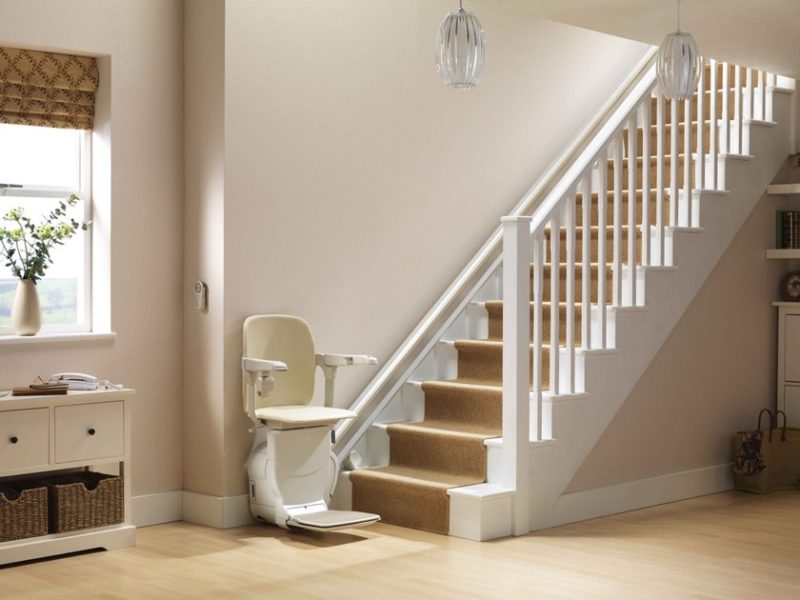
The world of LOLER Regulations can be a little daunting but at London LOLER Inspections we’re experts. Contact us today to discuss your LOLER lift inspection requirements. We’re happy to answer any questions you have about LOLER and lifts, whether you are a private/residential client or commercial.
Other brands providing starlifts in the UK include Acorn, Handicare, TKE, Bruno, and MediTek to name a few. Whatever the brand of chairlift/stairlift, whether they are curved, straight, sit, or stand, they will need to be inspected every six months.
Putting UK Loler Regulations in simple layman’s terms. LOLER applies to any sort of powered lifting equipment. These include stairlifts, goods elevators, passenger lifts, cherrypickers, hydraulic platforms, wheelchair lifts etc. This applies to residential, school, retail, club or commercial facilities. All lifting equipment must be inspected regularly by a competent and trained engineer.
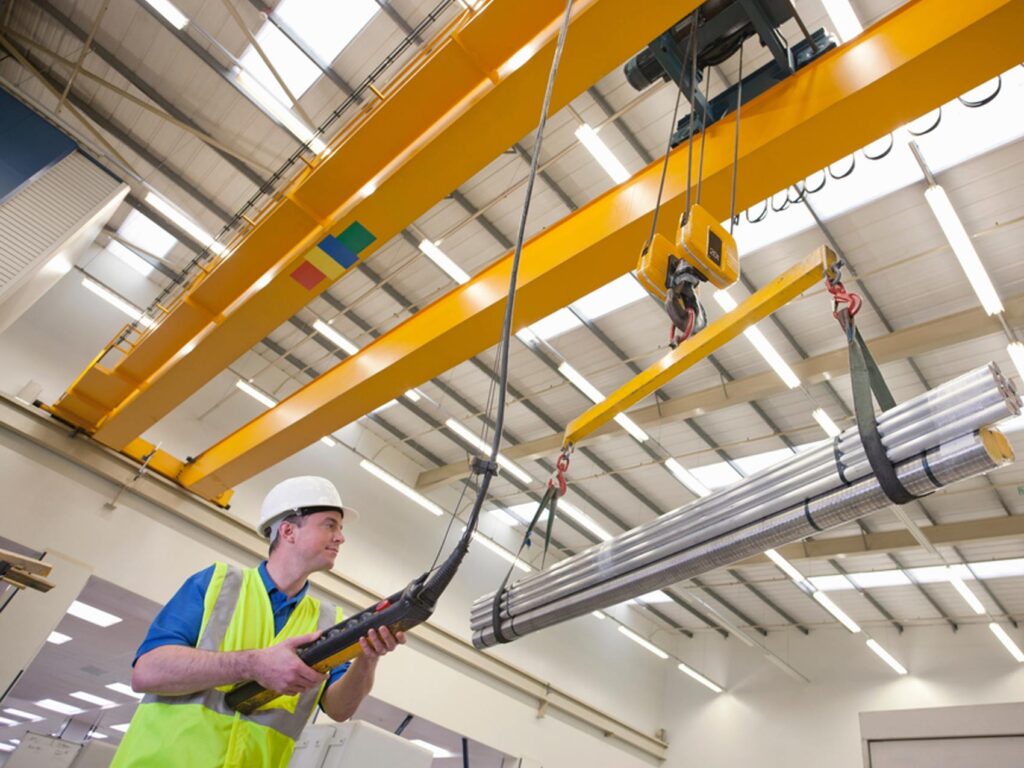
When performing a LOLER Inspection the engineer thoroughly inspects the lift and auxiliary equipment such as housing, power supplies, to ensure it is safe to use. The LOLER regulations are very specific about what needs to be recorded when an inspection is carried out. As part of the ELTI group we’ve been trusted by companies in the UK and Europe to provide Lift Inspections that meet all the UK HSE LOLER Regulations. However, our service surpasses that! Not only do we make sure you are compliant but our ISO 9001, SAFed, BSI accreditations and certifications means we offer a highly professional, accountable service. No wonder we’re already trusted by a wide range of clients, like you, to deliver stress-free LOLER inspections and reporting.
UK LOLER Regulations in a nutshell:
- The owner of a lift must ensure the equipment is safe to use.
- The lift and accessory equipment must be routinely LOLER inspected by a trained engineer. Typically this is once or twice a year.
- The LOLER engineer/inspector must submit a UK LOLER Regulations compliant report.
- If an accident happens and you have not been compliant then you could be legally liable for not ensuring the safety of the equipment you provided.
At London Loler Inspections we offer an affordable, quality LOLER Lift Inspection service to residential, education, retail and commercial clients. Whether you have a simple stair lift, manage a building with several lifts or have multi-sites with multi-lifts, we’re able to support you. Taking the stress out of complying with HSE LOLER Regulations.
You can find the Governments HSE LOLER Lift Inspection guidelines here.
Where to find more help understanding LOLER?
We appreciate that the world of HSE Regulations can be a little confusing. But this is what we help with every single day so if you have questions that are not answered above, please get in contact.
